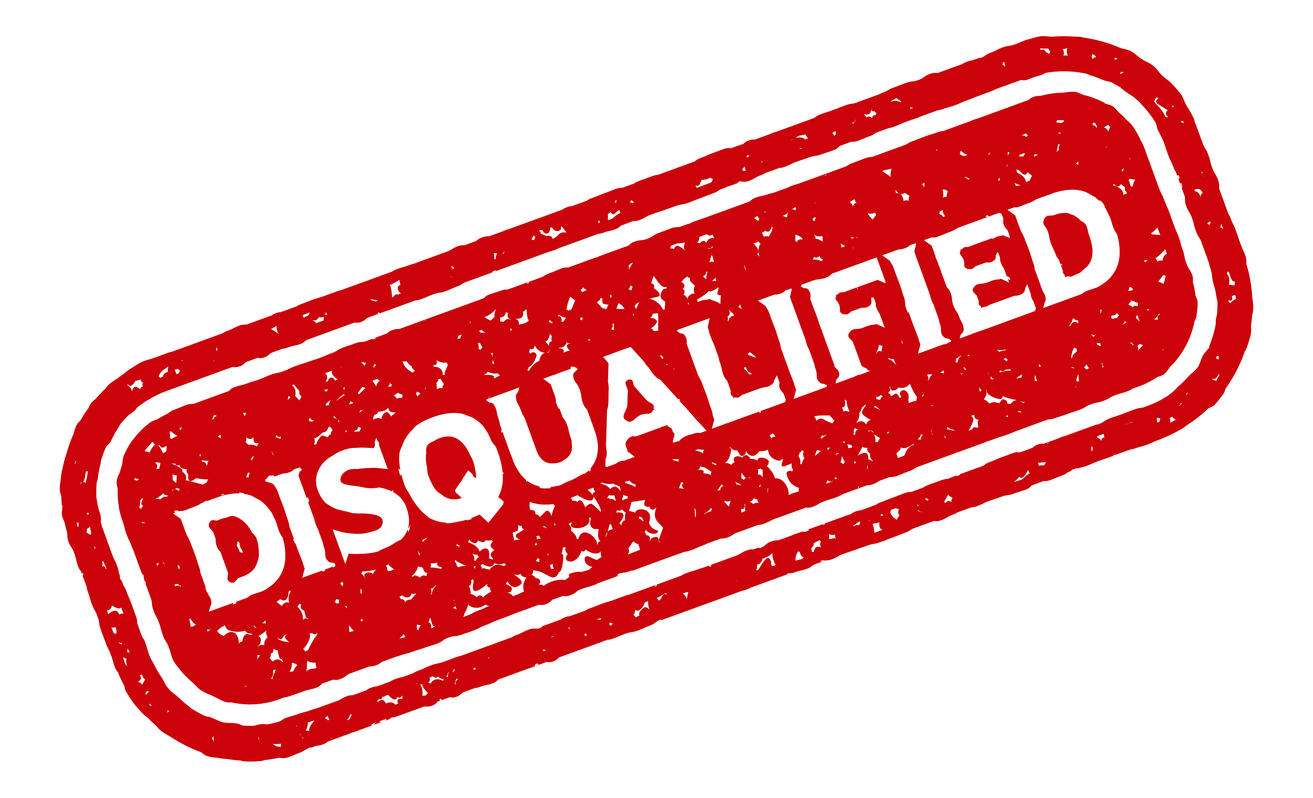Oftentimes after a windstorm, flood, or plumbing leak, mold develops in a home. There are several standard insurance policies issued in Texas, and they all have some language that deals with mold. For example, a standard Texas Dwelling Policy—Form 3 specifically excludes mold damage, but covers an “ensuing loss” caused by water damage. These clauses seemingly contradict one another: how can there be no coverage for mold damage if it is an “ensuing loss” caused by water damage? In 2004, the U.S. District Court for the Eastern District of Texas discussed this issue in Malley v. Allstate Texas Lloyds.
In Malley, the homeowner had a standard Texas Dwelling Policy Form—3, insuring the house he owned in Beaumont, Texas. The house was damaged by plumbing leaks in the foundation during a 1999 freeze. Allstate denied Plaintiff’s subsequent mold claim, asserting that the policy contained an exclusion for mold damage. Plaintiff asserted that there was coverage under the “ensuing loss” provision, because it resulted from a covered event.
The policy stated:
We do not cover loss caused by:
…..
(2) rust, rot, mold or other fungi.
…..
We do cover ensuing loss caused by collapse of building or any part of the building, water damage or breakage of 349*349 glass which is part of the building if the loss would otherwise be covered under this policy.
The District Court noted that the Texas Supreme Court had not the construed “ensuing loss” provision in a policy like the one in this case, so it had to make an educated guess as to how the Texas Supreme Court would rule. However, the District Court pointed out that Texas state intermediate courts have interpreted “to ensue” as meaning “to follow as a consequence in chronological succession; to result, as an ensuing conclusion or effect.” Citing another Texas case, the Court stated that:
Ensuing loss caused by water damage refers to water damage which is the result, rather than the cause, of settling, cracking, bulging, shrinkage, or expansion of foundations, walls floors, [and] ceiling.
Applying this analysis, the Court concluded that mold damage resulting from earlier water damage, as claimed by the Plaintiff, would not be covered. “The ‘ensuing loss’ caused by water damage would refer to water damage which is the result, not the cause, of mold damage.”
The Court decided that if it were to interpret the “ensuing loss” provision so as to allow mold coverage under the circumstances in this case, it would “very nearly destroy the exclusions.” And an interpretation rendering the exclusionary clause inoperative makes “no sense.”
In short, according to the U.S. District Court for the Eastern District of Texas, if you have a mold exclusion in your insurance policy, an “ensuing loss” provision will not negate that exclusion.



